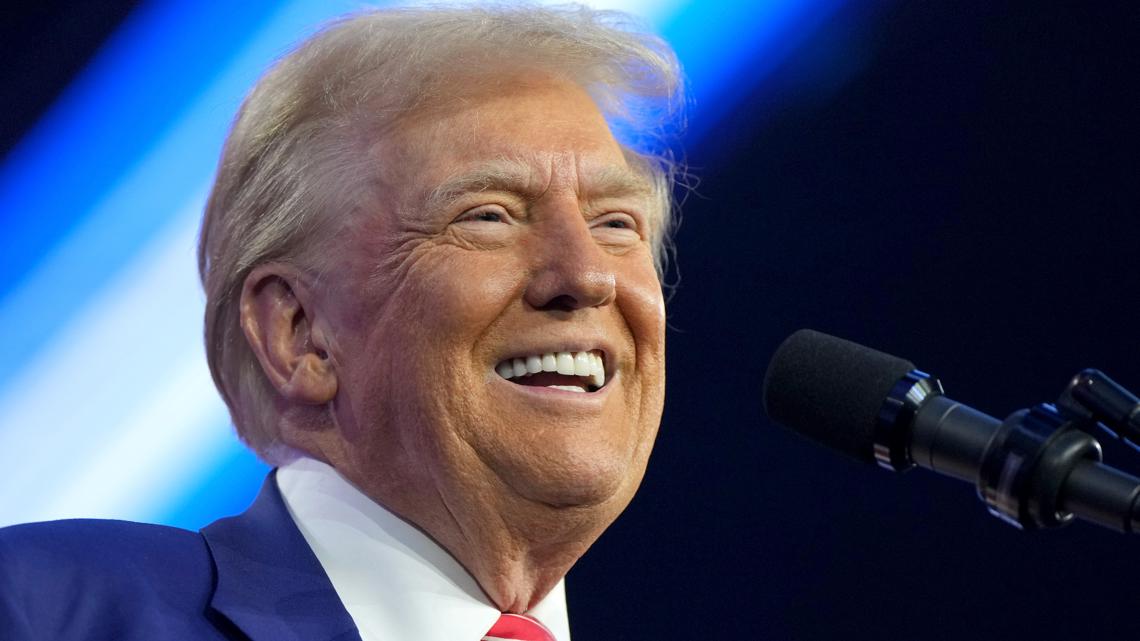President-elect Donald Trump announced his intention to create a new government agency called the External Revenue Service. This agency would be tasked with collecting tariffs and other revenues from foreign countries. In a statement on his social media platform, Truth Social, Trump explained that the agency would charge nations profiting from trade with the U.S. He compared it to the Internal Revenue Service, which handles domestic tax collection, and argued that foreign countries should contribute more financially to the U.S. economy.
To establish the External Revenue Service, Congressional approval would be required. With Republicans holding majorities in both the House and Senate, the proposal could gain traction. However, the move appears to contradict Trump’s previous stance on reducing government size, as the agency would duplicate functions already carried out by existing departments, such as the Commerce Department and Customs and Border Protection, which currently manage tariff collections and other revenues from foreign trade.

Donald Trump
Alongside the proposed new agency, Trump has also formed the Department of Government Efficiency (DOGE), a task force designed to reduce the size of the federal government. The focus of DOGE would be to cut federal programs, eliminate regulations, and reduce the number of federal workers. Business magnates Elon Musk and Vivek Ramaswamy have been appointed to lead DOGE, which is part of Trump’s broader “Save America” agenda for his second term in office, aimed at streamlining government operations.
Trump’s approach to tariffs continues to be a central element of his economic plan for a second term. He has suggested imposing high tariffs, such as a 25% tax on goods from allies like Canada and Mexico and 60% on Chinese imports. Economists have raised concerns about the impact of such tariffs, noting that they are likely to increase consumer prices and are considered by many as inefficient methods for raising government revenue or promoting economic growth in the long term.
Democratic lawmakers have quickly criticized the External Revenue Service proposal. Senator Ron Wyden of Oregon, the top Democrat on the Senate Finance Committee, accused Trump of attempting to disguise a large tax hike on American families and small businesses. Wyden argued that the plan would ultimately fund tax cuts for the wealthy, making it an unfair policy that would burden the middle class while benefiting the rich.























